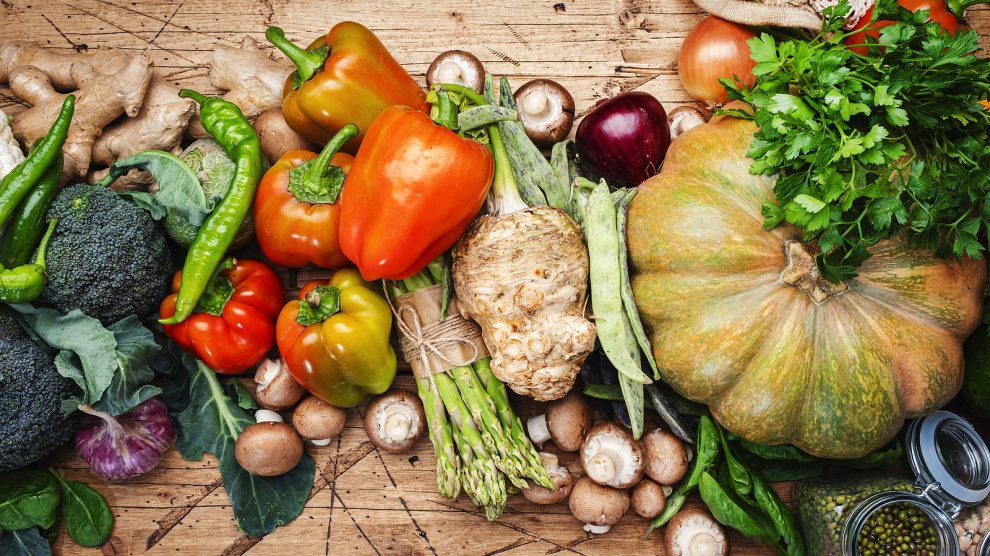If we shift to diets with food that is good for people and the planet and make sure food is distributed more fairly and efficiently, we can feed everyone without destroying yet more nature.
Last summer, drought cut harvests in parts of Hungary and other countries of Central Europe by as much as 90 per cent. Unfortunately, science tells us that this is only the beginning. Extreme temperatures and erratic rainfall, water scarcity, decreasing groundwater, exhausted and eroded soils, and alarming declines in pollinating insects are phenomena driven by climate change and nature loss that are projected to worsen further.
- How do we keep emerging Europe well fed, sustainably?
- Postcards from the Silk Road: In search of Uzbekistan’s best plov
- Eastern European growth weaker, but resilient
We all need to eat. But unfortunately, the way we produce and consume food is just making a bad situation much worse. How we produce and consume food is the biggest driver of nature loss and a major cause of greenhouse gas emissions. Unhealthy diets are leaving billions obese, overweight or ill, but nearly 830 million people still go hungry.
Opportunities
The good news is that there are huge opportunities to feed the world in a way that works with nature, not against it. By improving production efficiency and strengthening underperforming farmland, we can safeguard forests and grasslands and reduce the impact on rivers – helping to restore wildlife populations and protect the livelihoods of many millions of people.
Better production systems can also keep nature healthy in other ways – for example, by making sure soils are healthy, and naturally regenerating land rather than simply extracting from it.
If we shift to diets with food that is good for people and the planet and make sure food is distributed more fairly and efficiently, we can feed everyone without destroying yet more nature. More than a third of the food currently produced goes to waste, so there is huge potential to save on economic as well as environmental costs.
Transforming our food system will require cooperation and engagement from field to fork and across sectors and borders. Retailers have a special position in the value chain between consumers, producers as well as regulators. In the UK and Central Europe, WWF is working with retailer Tesco to shift the company and leverage change in the sector as a whole toward greater sustainability.

Unsustainable solutions exacerbate problems
Tesco CE has already committed to the WWF principles for a sustainable food sector in Central Europe. We are working together in Czechia, Slovakia, and Hungary to influence choices made by customers and to improve the company’s supply chains as well as the policy framework for food – all with the aim of reducing the ecological footprint of the average shopping basket.
Faced with droughts and flooding, many governments are reaching for unsustainable solutions, from increased irrigation to higher dykes, which promise to only exacerbate the problems. With a string of field projects restoring rivers and reconnecting floodplains, WWF is showing the benefits of working with nature rather than against it.
It’s clear our food systems need to change – urgently. By adopting nature-positive production practices, shifting to healthy and sustainable diets, and radically reducing food loss and waste, we can build food systems that protect and conserve nature while providing everyone with nutritious food, now and in the future.
This article was first published in Emerging Europe’s Future of Food report, produced in partnership with Żabka Group. You can download the full report, for free, here.
Unlike many news and information platforms, Emerging Europe is free to read, and always will be. There is no paywall here. We are independent, not affiliated with nor representing any political party or business organisation. We want the very best for emerging Europe, nothing more, nothing less. Your support will help us continue to spread the word about this amazing region.
You can contribute here. Thank you.


